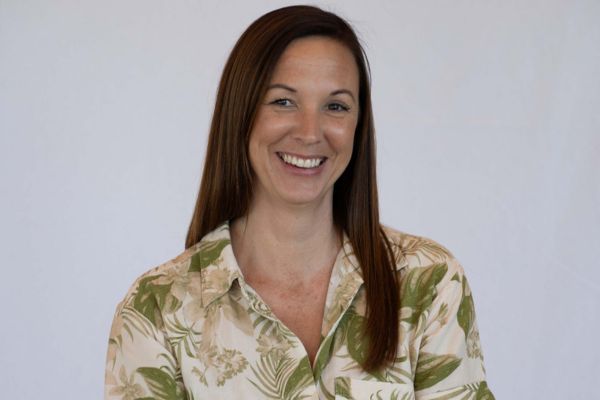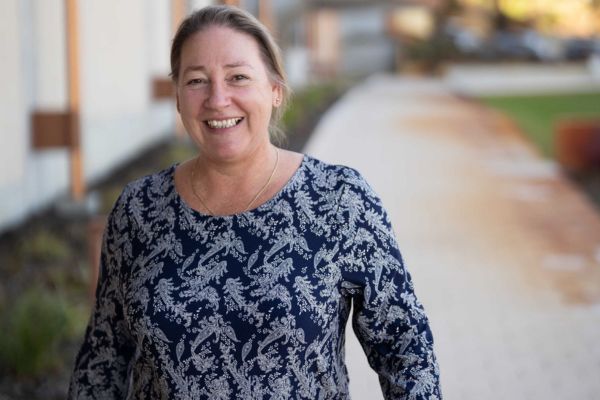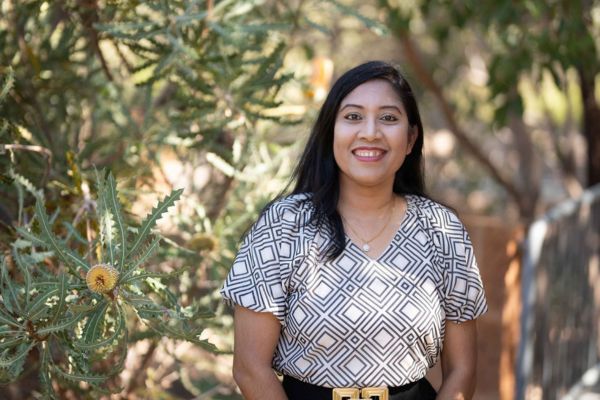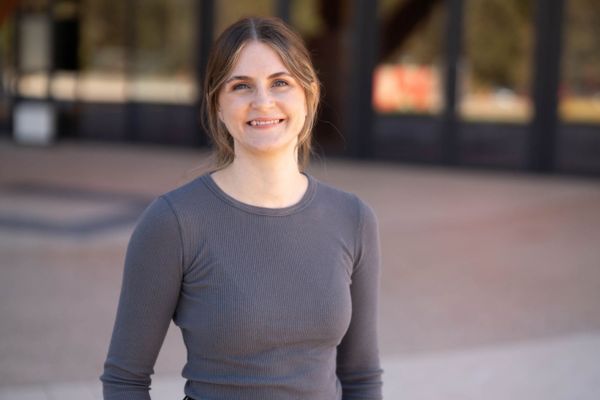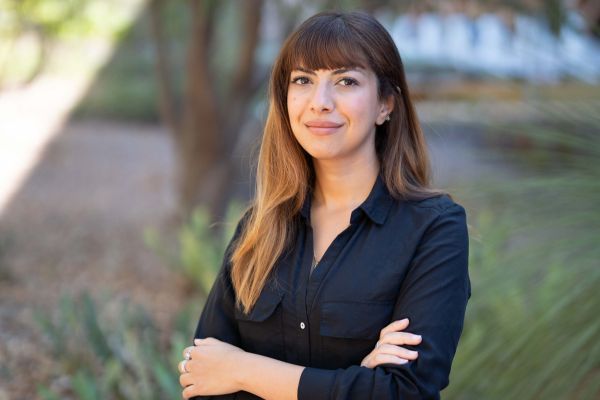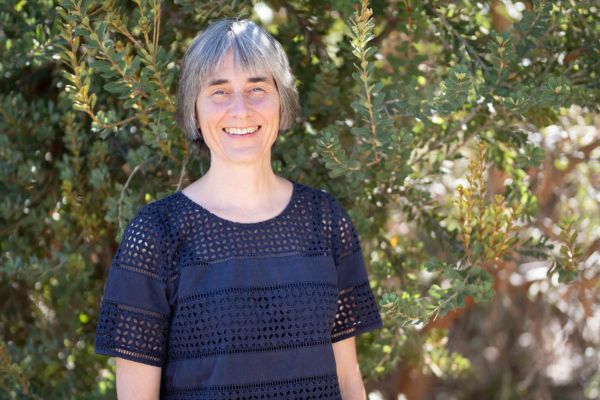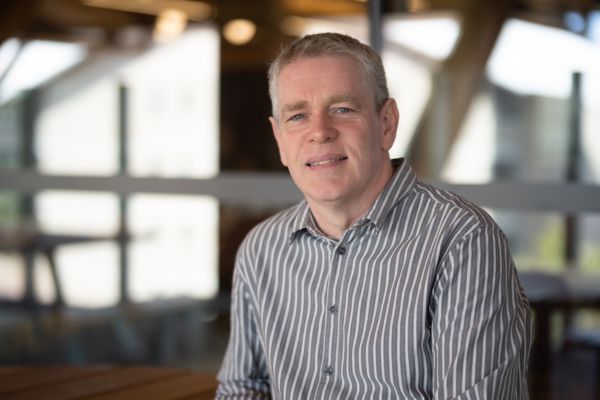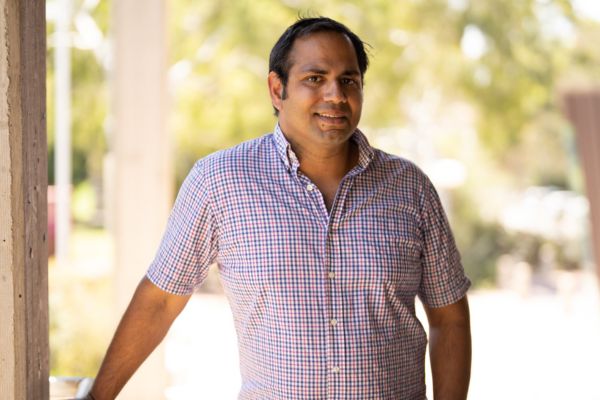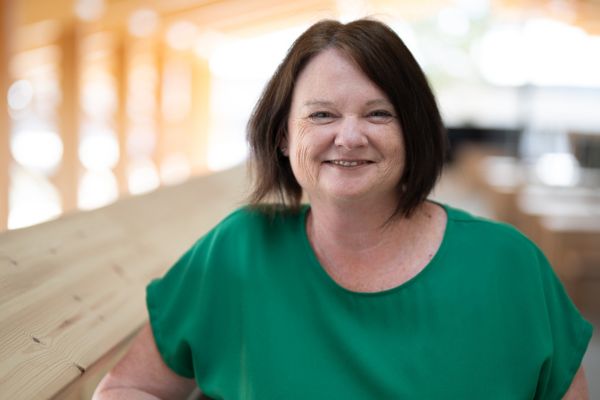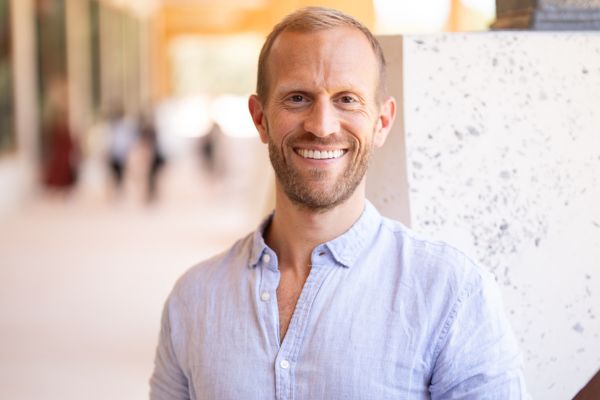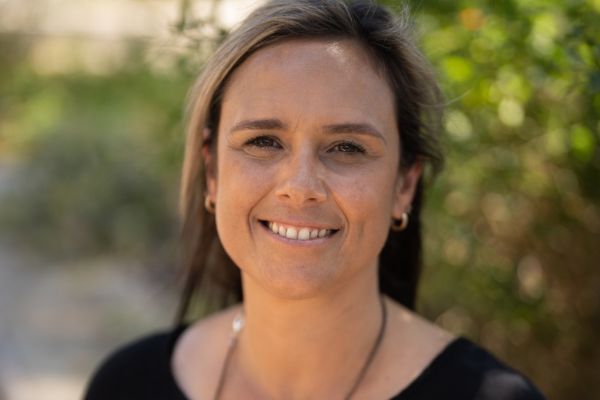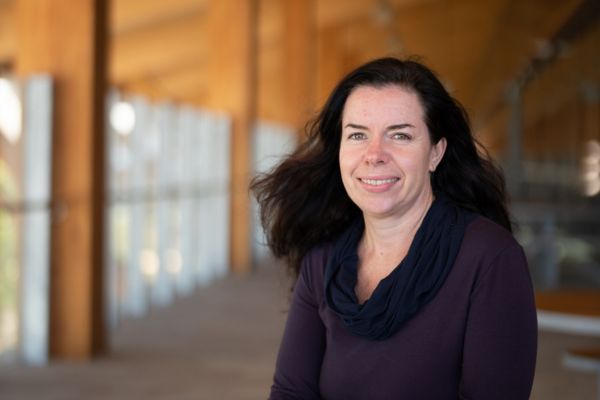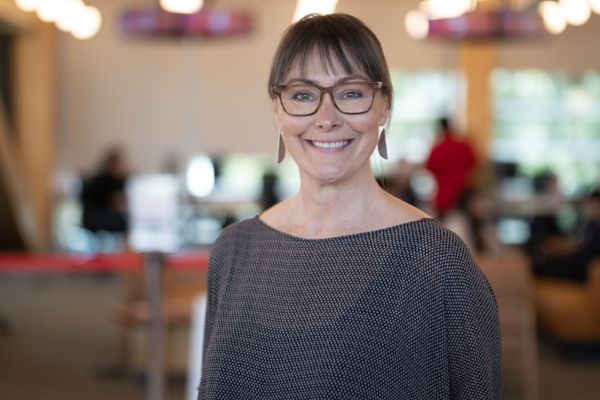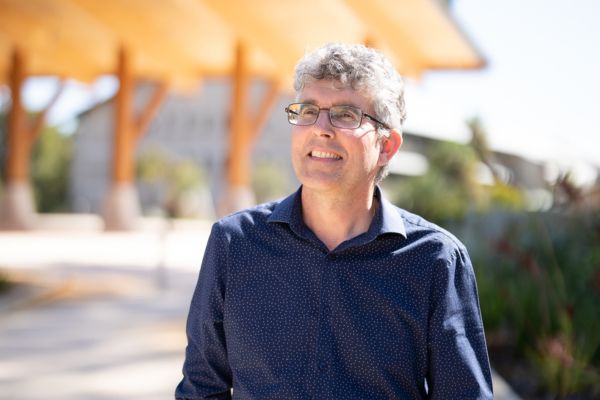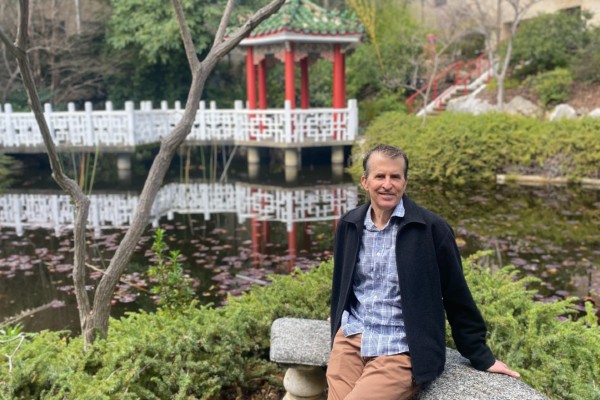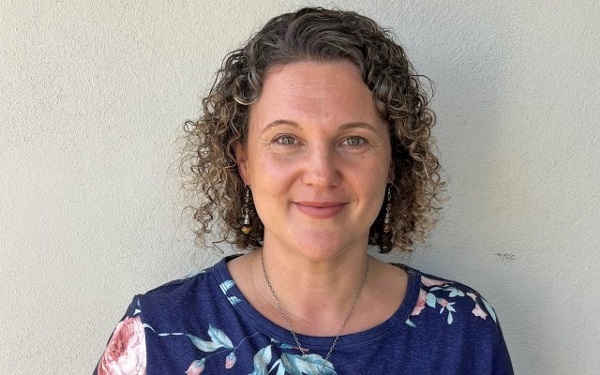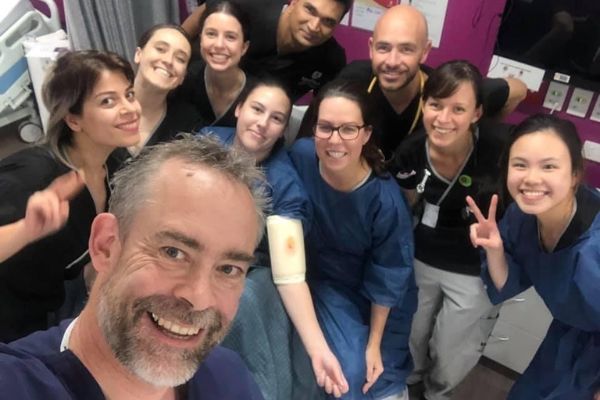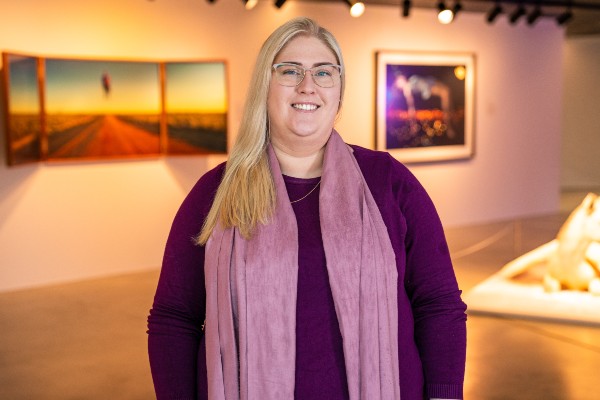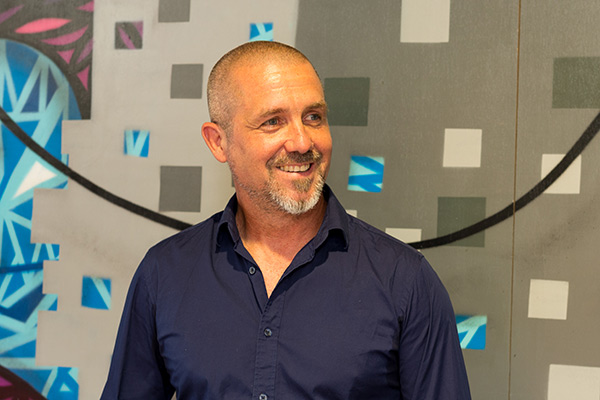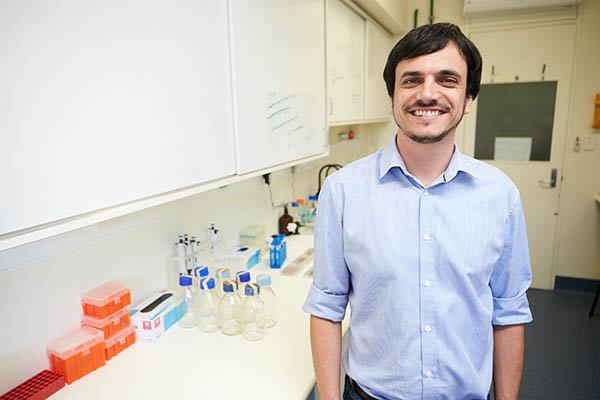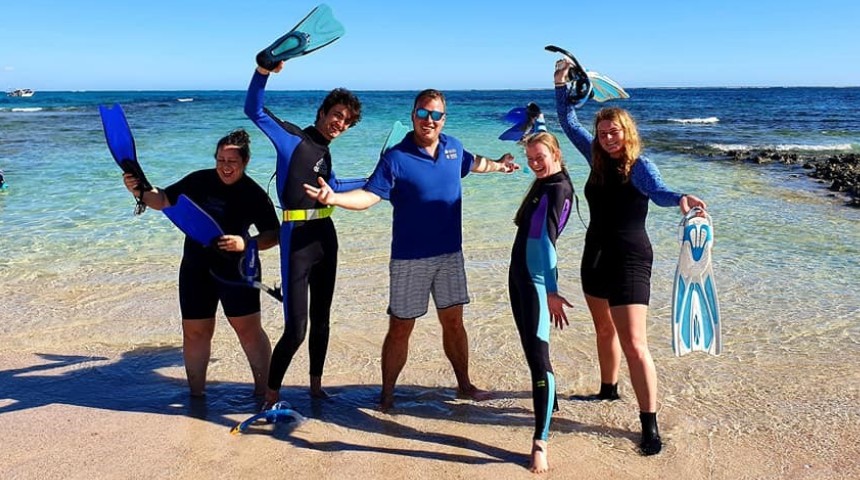
Meet James Tweedley: a marine biologist using his knowledge to educate others and help sustain the world’s marine ecosystems.
Murdoch Senior Lecturer in Animal Biology, Dr James Tweedley, says it was the nature documentary, Sea Trek, he watched as a child that ignited his passion to protect the world’s oceans and the creatures that live within them.Since then, Dr Tweedley has gone on to help the world’s marine environments by undertaking globally-recognised research and educating students on managing the world’s waterways, including the vulnerable ecosystems that co-exist within them.
Dr Tweedley says it’s a hugely rewarding career helping to fight ongoing challenges facing our oceans and estuaries.
The work and research of a marine biologist, which may include dealing with climate change, protecting biodiversity, mitigating human impact and more, has never been more crucial to the wellbeing of our oceans.”
“There are also some additional perks like getting your feet wet and interacting with wildlife.”
The start of a fascinating career
For a budding marine scientist, Dr Tweedley says London was not the most suitable location to live.
“I grew up in London but decided to move away from home to study my passion at the University of Portsmouth.”
In 2005, he graduated with a Bachelor of Science in Marine Biology before working in Indonesia where he undertook fieldwork for his honours project.
“It was an experience of a lifetime as I was living in a spectacular part of the world and working with incredible minds. I was there to investigate the influence of sea weed farming on fish populations in seagrass beds.”
Dr Tweedley was then selected to join a multinational survey of the Mediterranean Sea before he enrolled in a Master of Research program in Marine Biology at the University of Plymouth.
In 2007, he moved to Perth and started his PhD, funded by the Fisheries Research and Development Corporation and the Department of Biodiversity, Conservation and Attraction.
“This project aimed to classify habitats present in the shallow and deeper waters of Broke Inlet, an estuary in the South West region of Western Australia.
“The objective was to understand the relationships between fish and benthic macroinvertebrate species (bottom-dwelling small aquatic animals and the aquatic larval stages of insects) and types of habitat in the estuary.”
Research success
Dr Tweedley has undertaken significant research, particularly within estuaries and oceans around Western Australia.
“As a marine biologist there is so much to discover, and there are many different industries you may end up working in, including government, research, education, eco-tourism and seafood.
It’s not a typical 9 to 5 job, and although there are some days where you get to go fishing in interesting places, your jobs and daily tasks will vary.”
Dr Tweedley says that since living in Western Australia he has worked on a number of important research projects, including a restocking project to boost prawn populations in the Swan-Canning Estuary with Professor Neil Loneragan, and obtaining funding to review the social and economic value of the blue swimmer crab and black bream fisheries in the Peel-Harvey and Blackwood estuaries.
His most recent research project involves the study of artificial reefs located off the Western Australian coast to ensure they are supporting marine life effectively.
No matter what the project, they all have the same objective: to protect and enhance the local ecosystem.
“My career has seen me interact and work with many different types of people – from recreational and commercial fishers, government advisors, not-for-profits, other researchers and the community.
“It’s been an honour to watch my research and work go towards ensuring the sustainability of our ecosystems and marine life.”
Life at Murdoch
Dr Tweedley says Murdoch is a student-focused university where the lecturers and demonstrators strive to provide the best student experience possible.
The units I coordinate have been running for decades and utilise the fantastic range of biological specimens Murdoch has collected over this time. This enables us to provide the latest information and research to our students together with hands-on laboratory classes.”
He said that real-world learning experiences was also critical to reinforce learned theory and build understanding.
“I’ve just come back from a student fieldtrip to Coral Bay where students conducted real-world research projects where they were required to collect and analyse their own data. We also have field trips to Albany and locally in Perth.”
He said this practical fieldwork provides a unique opportunity for students to put down their books and experience the actual role of a marine biologist.
James’s top tips for student to make the most of their university experience:
1. Follow your passion. Learning and developing new skills can be time consuming and frustrating, but if you love and enjoy the course or units you are studying you will perform better, and it will not feel like study!
2. Network. Engage with your fellow students and lecturers. Building peer support networks and finding mentors will benefit you at university and also as your career progresses.
3. Do not be afraid to try new things. You never know where your career will take you and employers are often looking for people with particular skill sets and experiences. Use the flexibility of Murdoch’s degree structure to develop these skills.
4. Seek feedback. University is a learning experience and you may not master everything first time around. If you are having trouble or are unsure, ask for help and learn from your mistakes.
5. Enjoy your studies. University is an opportunity to study something you are passionate about with like-minded people, many of whom will be life-long friends. Make the most of it!
